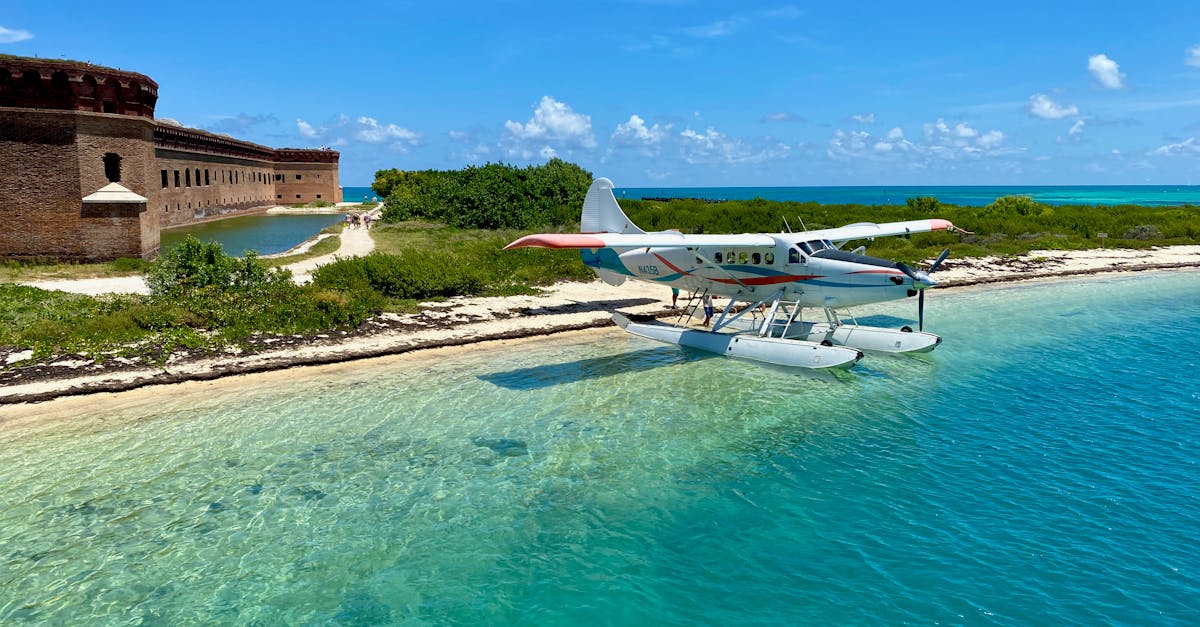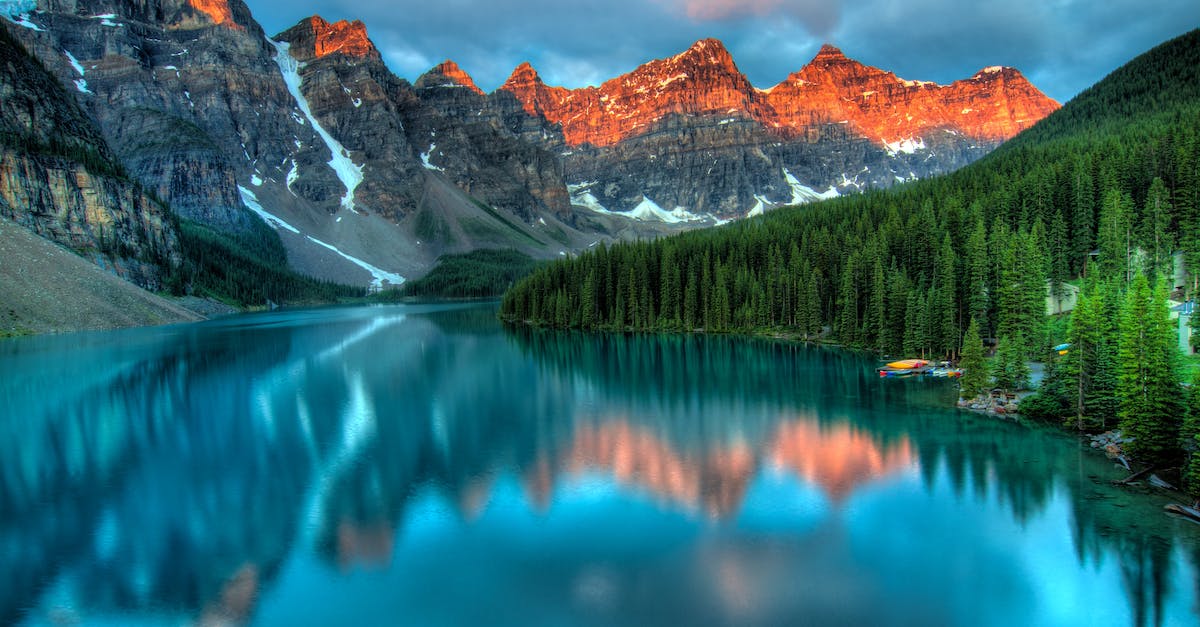Are you curious about Teddy Roosevelt’s impact on national parks? If you’re seeking to scrutinize the historical significance of this iconic solve, Welcome – You have now found the perfect article.
We’re here to guide you through the remarkable voyage of how one man’s vision shaped the conservation world of America.
Feeling a sense of think about the wilderness that surrounds us is universal. Yet, the frustration of not fully understanding the connection between Teddy Roosevelt and our beloved national parks can be scary. Let’s investigate the depths of history hand-in-hand and unpack the secrets that lie within.
As experienced experts in the field of national park history, we bring a wealth of knowledge to the table. Our ideas will spell out on the huge role played by Teddy Roosevelt in preserving these natural treasures for generations to come. Join us on this informative voyage as we investigate the legacy of a man who changed the course of conservation forever.
Key Takeaways
- Teddy Roosevelt’s love for nature and upbringing instilled in him a sense of responsibility to protect and preserve the environment.
- Roosevelt’s advocacy for conservation led to the establishment of the Antiquities Act in 1906, laying the foundation for the creation of national parks.
- He played a huge role in establishing Yellowstone National Park in 1872, the world’s first national park, setting a precedent for conservation efforts.
- Roosevelt’s conservation efforts resulted in the preservation of over 230 million acres of public land, leaving a lasting impact on the national parks system.
- His legacy lives on in the National Park Service, overseeing more than 400 sites across the United States, continuing the ongoing conservation of our natural heritage.

Early Life and Love for Nature
In tracing Teddy Roosevelt’s voyage with national parks, we must investigate his early years. Born in New York City in 1858, Roosevelt developed a dense love for nature from a young age. His childhood ailments drove him to find solace in the outdoors, where he developed a dense connection with the wilderness. This connection laid the foundation for his lifelong dedication to conservation.
Roosevelt’s upbringing instilled in him a sense of responsibility to protect and preserve the environment.
His expeditions in the Dakotas, where he reveled in the untamed beauty of the land, further fueled his passion for nature.
These formative experiences shaped his beliefs and actions, setting him on a path towards becoming a conservation pioneer.
As he immersed himself in the living world of the natural world, Roosevelt recognized the urgent need to safeguard these pristine views for future generations.
His love for nature blossomed into a commitment to preserving the nation’s natural sights, laying the groundwork for his transformative legacy in national park conservation.
Throughout his life, Roosevelt’s intimate connection with nature fueled his unwavering dedication to environmental conservation, leaving an indelible mark on the national parks’ system we cherish today.
Conservation Efforts and the Birth of National Parks
Let’s investigate Teddy Roosevelt’s conservation efforts and how they led to the birth of National Parks.
His dedication to preserving our natural views paved the way for the establishment of these iconic parks.
Here are some key points to highlight:
- Roosevelt’s Advocacy: He recognized the importance of conservation early on and sought to protect the nation’s natural resources.
- Establishment of National Parks: He signed the Antiquities Act in 1906, granting him the authority to designate national monuments. This act laid the groundwork for the creation of national parks.
- Yellowstone: Roosevelt played a huge role in the establishment of Yellowstone National Park in 1872, the first national park inside. It set a precedent for the conservation of other pristine areas.
- Legacy: His efforts led to the preservation of over 230 million acres of public land. He got the intrinsic value of nature and aimed to protect it for future generations.
- Continued Impact: Roosevelt’s legacy lives on in the National Park Service, which oversees over 400 sites across the United States. He set the stage for the ongoing conservation of our natural heritage.
For more information on national parks and conservation efforts, visit the National Park Service.

Establishing Conservation Principles
When Teddy Roosevelt assumed the presidency, he recognized the critical need to preserve our natural resources.
His strong advocacy for conservation Led to significant milestones in the protection of public lands.
In 1906, Roosevelt signed the Antiquities Act, granting the President the power to designate national monuments.
This act paved the way for safeguarding precious natural areas For future generations.
Through his dedication to conservation, Roosevelt set the stage for the establishment of national parks.
Yellowstone, created in 1872 during his time as president, became the world’s first national park.
This bold move marked the beginning of a global commitment to protecting wildlife And ecosystems.
By establishing the Antiquities Act and Yellowstone National Park, Roosevelt laid the groundwork for our modern conservation efforts.
His actions demonstrated the importance of preserving our natural heritage and inspired a legacy of stewardship for public lands across the United States.
In our next section, we will investigate Roosevelt’s environmental legacy And its impact on modern conservation Efforts.
Stay tuned as we investigate the lasting influence of Teddy Roosevelt on the preservation of nature.
Legacy and Influence on Future Generations
In the field of conservation, Teddy Roosevelt’s legacy looms large.
His establishment of national parks and monuments not only protected natural views but also paved the way for future generations to prioritize environmental stewardship.
Roosevelt’s vision set a standard for conservation efforts, instilling the idea that these areas should be preserved for the enjoyment and education of all.
His dedication to preserving the nation’s natural heritage sparked a movement that continues to influence environmental policy today.
Through the Antiquities Act and the creation of Yellowstone National Park, Roosevelt influenced a culture of preserving natural spaces that has endured for over a century.
Roosevelt’s proactive approach laid the foundation for the conservation efforts of future leaders, emphasizing the importance of protecting the environment for both present and future generations.
His impact on the establishment and protection of national parks has left an indelible mark on the American world and inspired a global commitment to conservation efforts.
We invite you to investigate further how Roosevelt’s advocacy for the preservation of natural resources continues to shape our understanding of conservation and stewardship.


